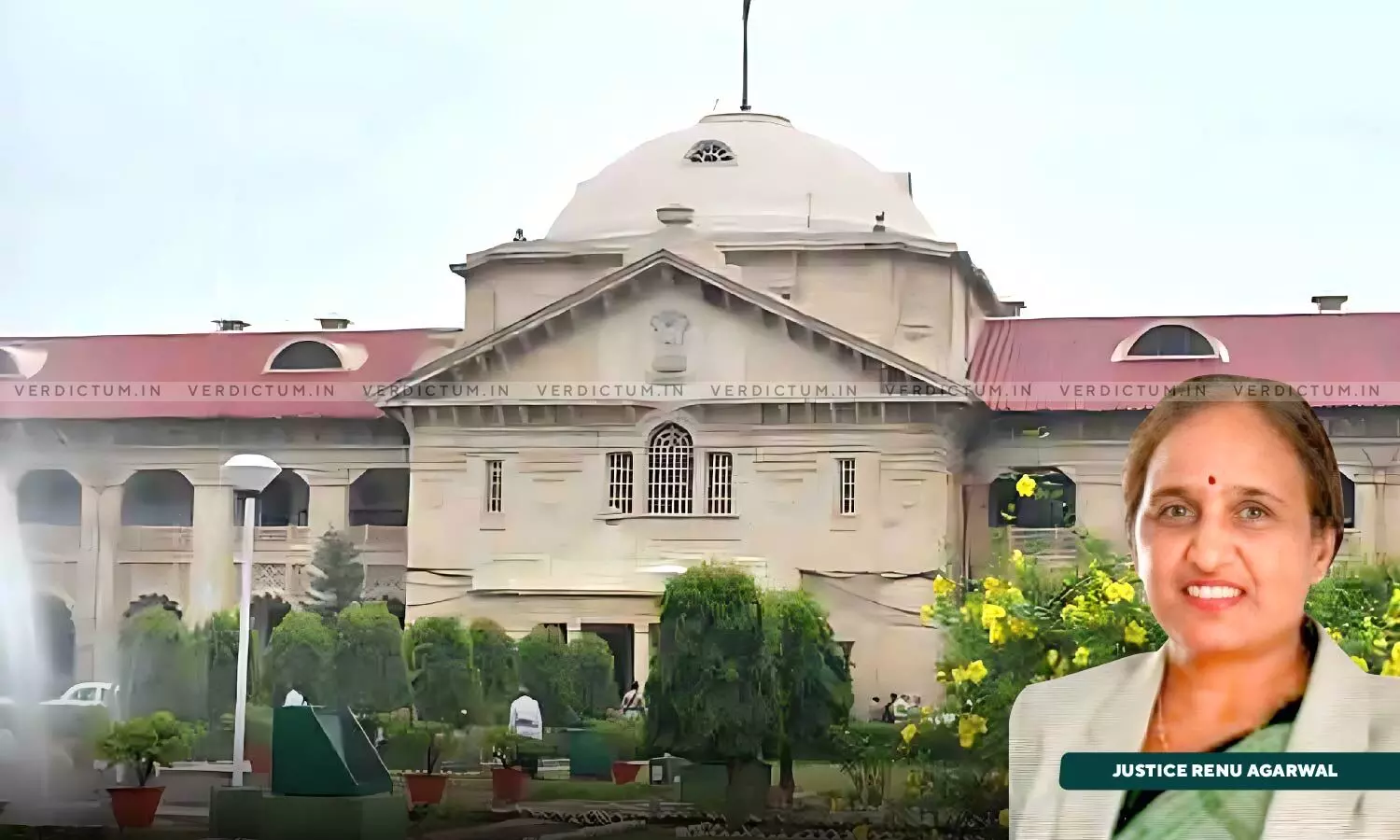
UP Conversion Law Applies To Live-In Relationships Also: Allahabad HC Refuses To Give Protection To A Couple
 |
|The Allahabad High Court observed that the Uttar Pradesh Prohibition of Unlawful Conversion of Religion Act, 2021 applies applies to relationship in the nature of marriage or live-in relationship.
The Court dismissed a petition filed by a couple seeking protection from harassment, torture, illegal arrest, and non-interference in peaceful living from the authorities.
The Court held that the courts should refrain from embarking upon the interpretation of the law in any sense when the law is very explicit. It was observed that there is no proof of joint account, financial security, joint property or joint expenditure produced before the Court and the Petitioners have not applied for conversion so far, therefore, there is no challenge to the relationship of the Petitioners.
The Bench of Justice Renu Agarwal, while considering Explanation to Section 3(1) of the Act, held, “Explanation goes to show that conversion is not only required for the purpose of marriage, but it is also required in all relationship in the nature of marriage, therefore, Conversion Act applies to relationship in the nature of marriage or live-in- relationship. Petitioners have not yet applied for conversion as per provisions of Section 8 and 9 of the Act, hence, the relationship of petitioners cannot be protected in contraventions of the provisions of law.”
Advocate Vijay Kumar Tiwari appeared on behalf of the Petitioners while Standing Counsel Yogesh Kumar appeared on behalf of the State.
The Petitioners submitted that they both attained the age of majority and solemnized their marriage as per the rituals of Arya Samaj. They applied for online registration of their marriage before the competent authority, which is still pending. The Petitioners apprehended danger to life and liberty from Respondents, therefore, the indulgence of the Court was sought.
The Court held, “Certainly, the Courts have power to interpret the provisions of law if there is ambiguity in the provisions of law, but, the above mentioned law is explicit which mandates that conversion is required not only in cases of inter-caste marriages but relationship in the nature of marriage, hence, Courts should refrain from embarking upon the interpretation of law in any sense when the law is very explicit.”
The Court also said that the Conversion Act made it mandatory for interfaith couples to seek conversion according to the provisions of the Act and in the present case none of the Petitioners moved an application for conversion of religion in accordance with Sections 8 and 9 of the Act.
Accordingly, the Court refused to consider the relationship of the Petitioners to be protected in contravention of the statutory provisions and, hence, dismissed the Petition.